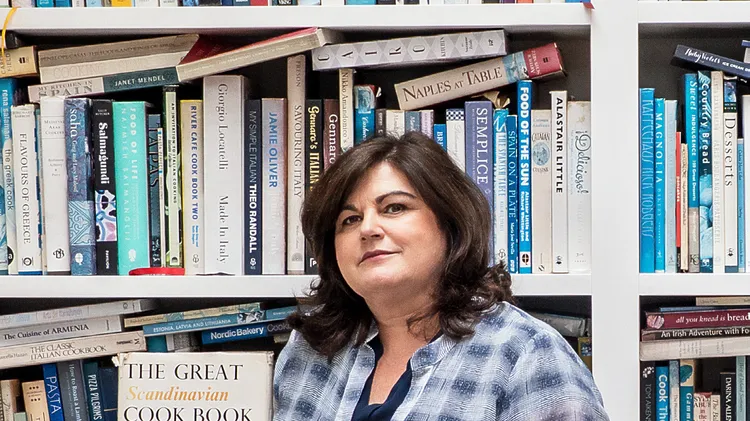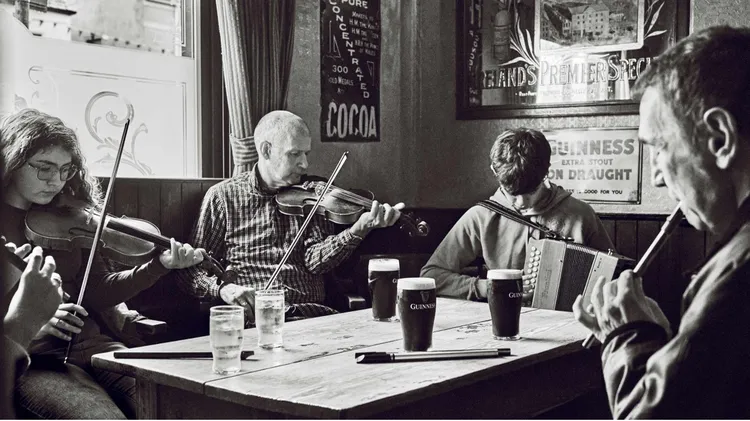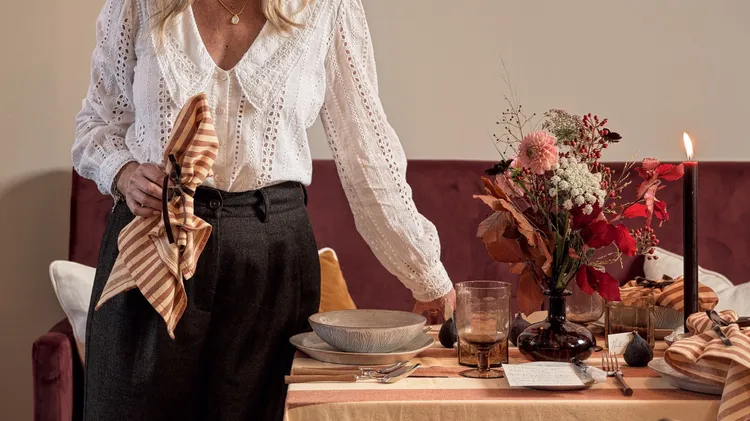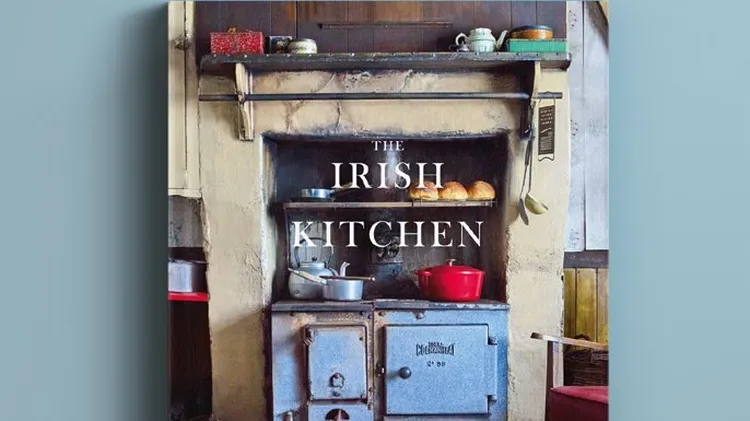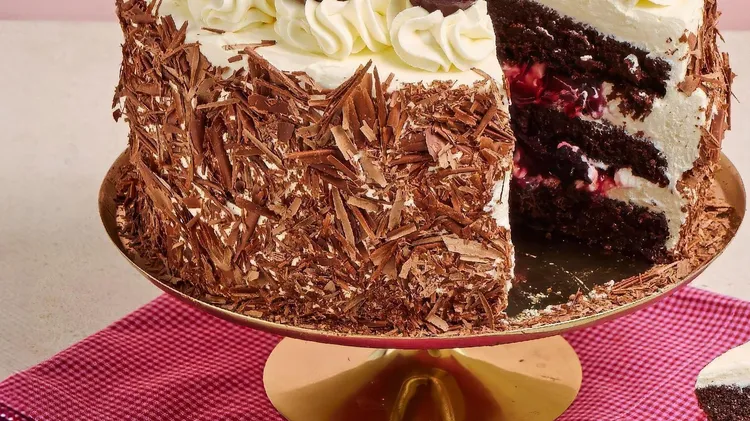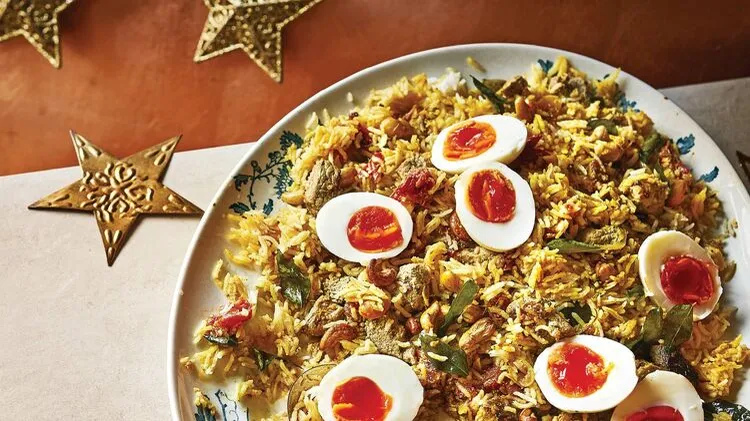The chance purchase of a second-hand book led food writer S
Sue quinn writes to florence white
4 min read
This article is from...
Read this article and 8000+ more magazines and newspapers on Readly

